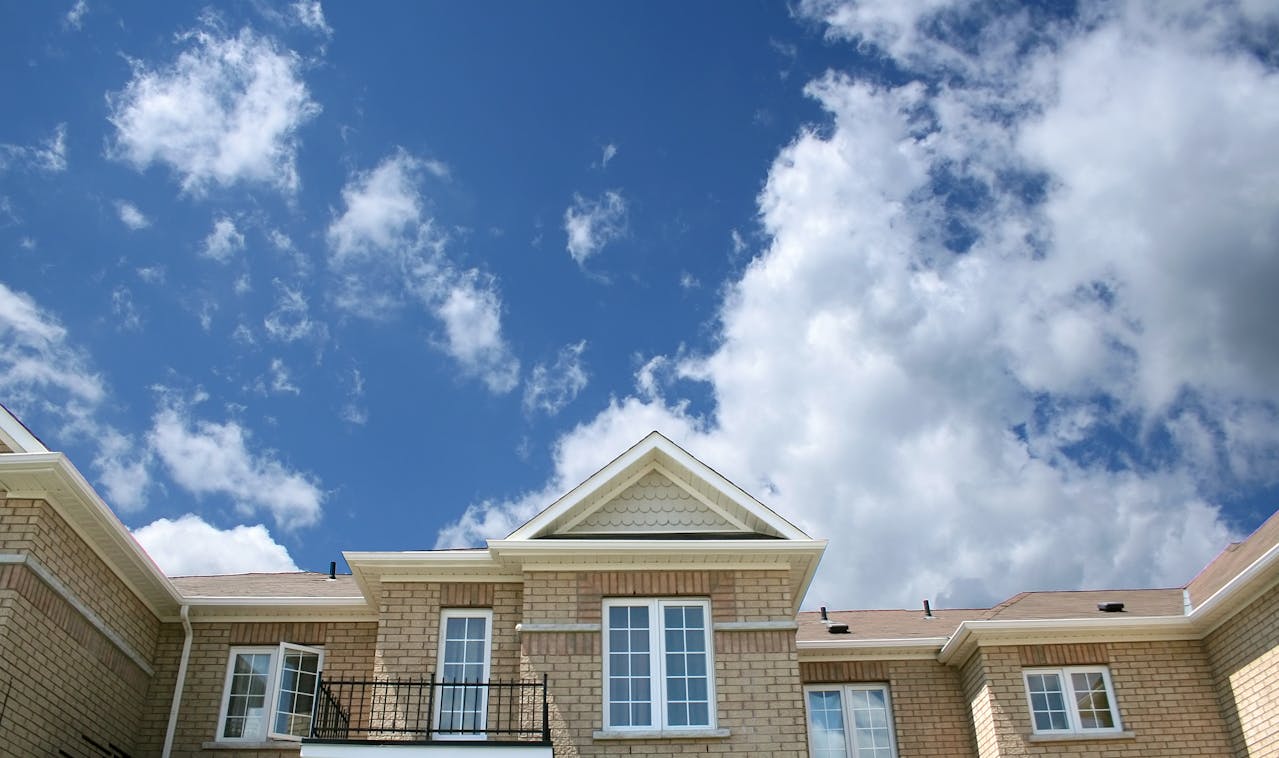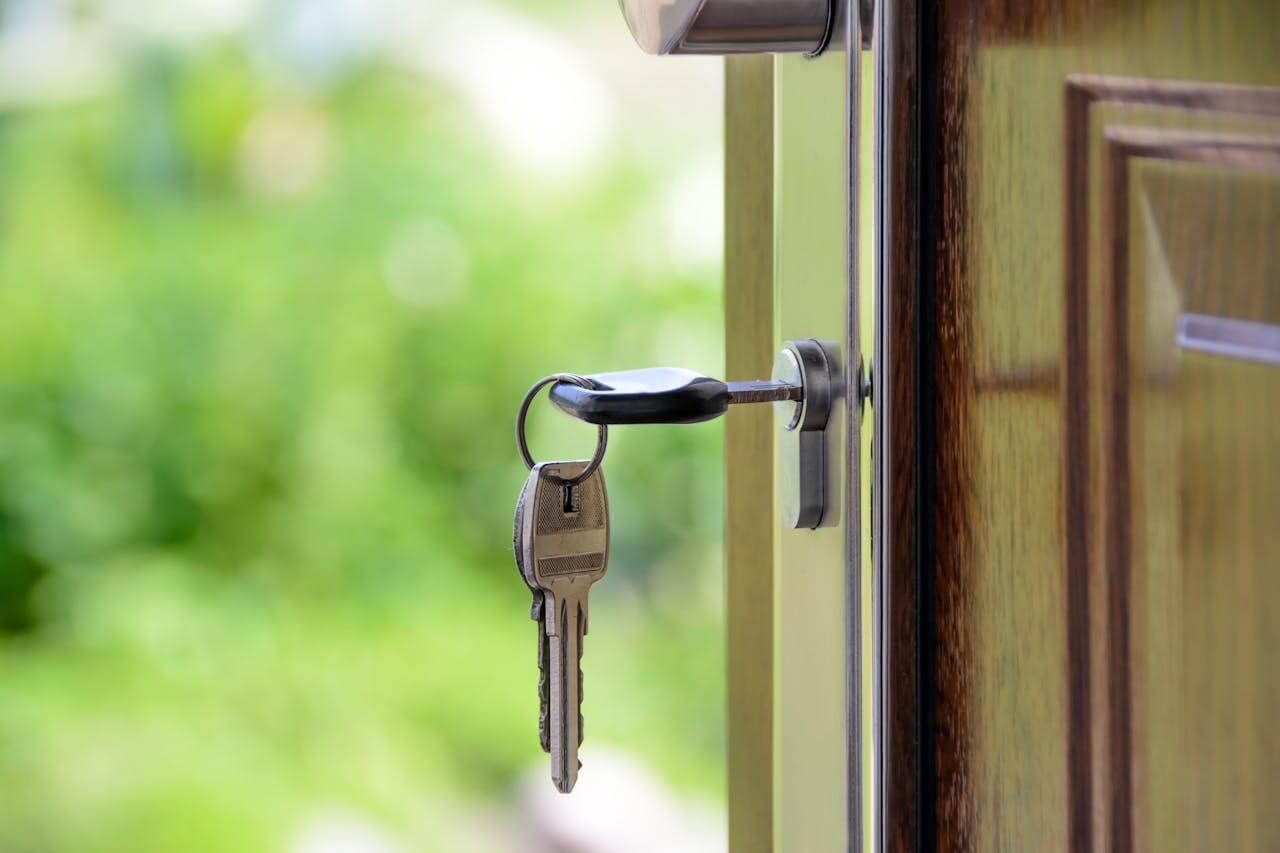
What is a Senior Stretch Loan?
A senior stretch loan can help you purchase a property …
In truth, the answer is that some lenders let you roll this into your mortgage payment and some lenders do not, so if it is important be sure to raise this with your mortgage broker or provider early on.
The stamp duty typically needs to be paid immediately, so you need the cash or equity in your last property to pay it off straight away, but this amount can be added to your overall mortgage (which will make it more costly overall).
Stamp Duty rates in the UK vary depending on the property’s purchase price. Here are the standard rates:
For first time buyers in England or Northern Ireland, Stamp Duty is waived for properties up to £425,000. For properties between £425,001 and £625,000, Stamp Duty is not levied on the first £425,000, with a 5% rate applied to the remaining amount up to £200,000. Properties over £625,000 are subject to standard rates.
For instance, if you purchased a property for £425,000, the Stamp Duty Land Tax you owe is as follows:
0% on the first £250,000 = £0
5% on £250,001 to £425,000 = £8,750
Total Stamp Duty owed = £8,750
Stamp Duty is typically paid after the property purchase has been completed. Often the Stamp Duty return will be handled by your solicitor however you can carry out the payment yourself.
This payment can be made in cash or using the equity from your previous property sale. You should be prepared to have the necessary funds available to cover this expense immediately.
Failure to file the return and make the tax payment within this 14-day period could result in HMRC imposing penalties and accruing interest.
No, Stamp Duty is typically required to be paid in full shortly after the completion of the property purchase. There is no provision for paying it in installments.
In 2018, new rules were implemented, prohibiting the use of credit cards for paying stamp duty. This measure was introduced to reduce the risk of homeowners extending beyond their financial commitments and falling into unmanageable debt.
Adding Stamp Duty to your mortgage is possible, but it depends on your lender’s policies and whether you can manage a larger mortgage deal with the added Stamp Duty.
It’s important to consider that incorporating Stamp Duty into your mortgage can increase your overall mortgage cost due to accrued interest over the loan term. It might also result in a higher interest rate and affect your loan-to-value ratio.
If your deposit remains the same while you apply for more money, your loan-to-value ratio will be higher.

A senior stretch loan can help you purchase a property …

A mortgage offer officially lasts for 3-6 months depending on …

Securing a mortgage when you’re self-employed comes with its own …